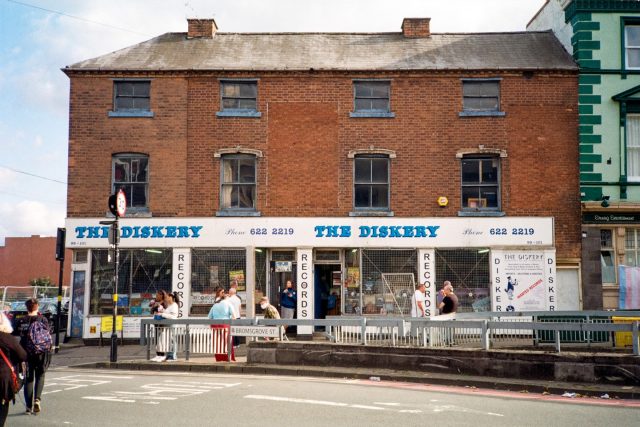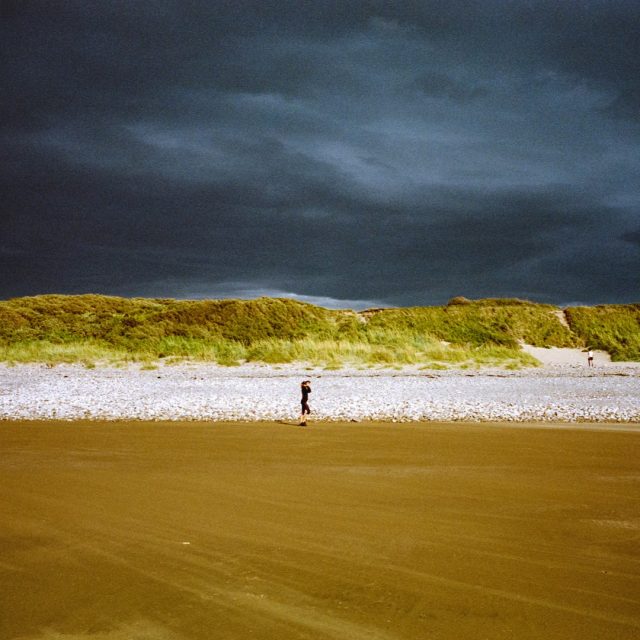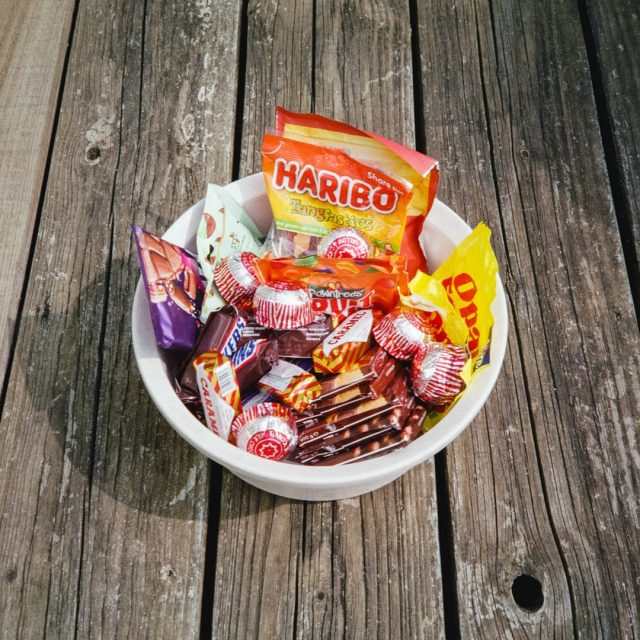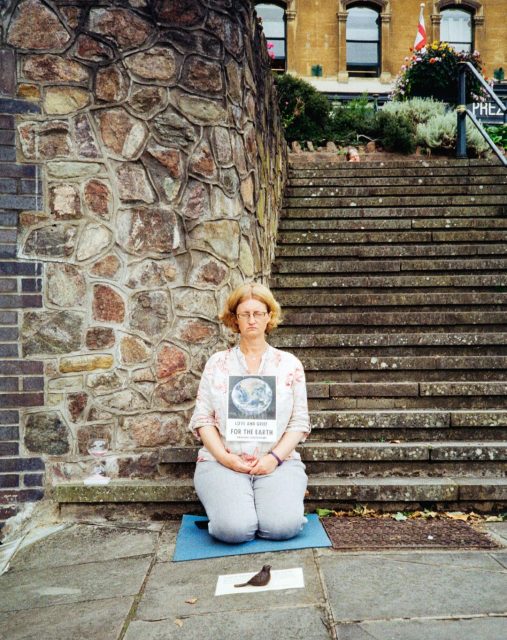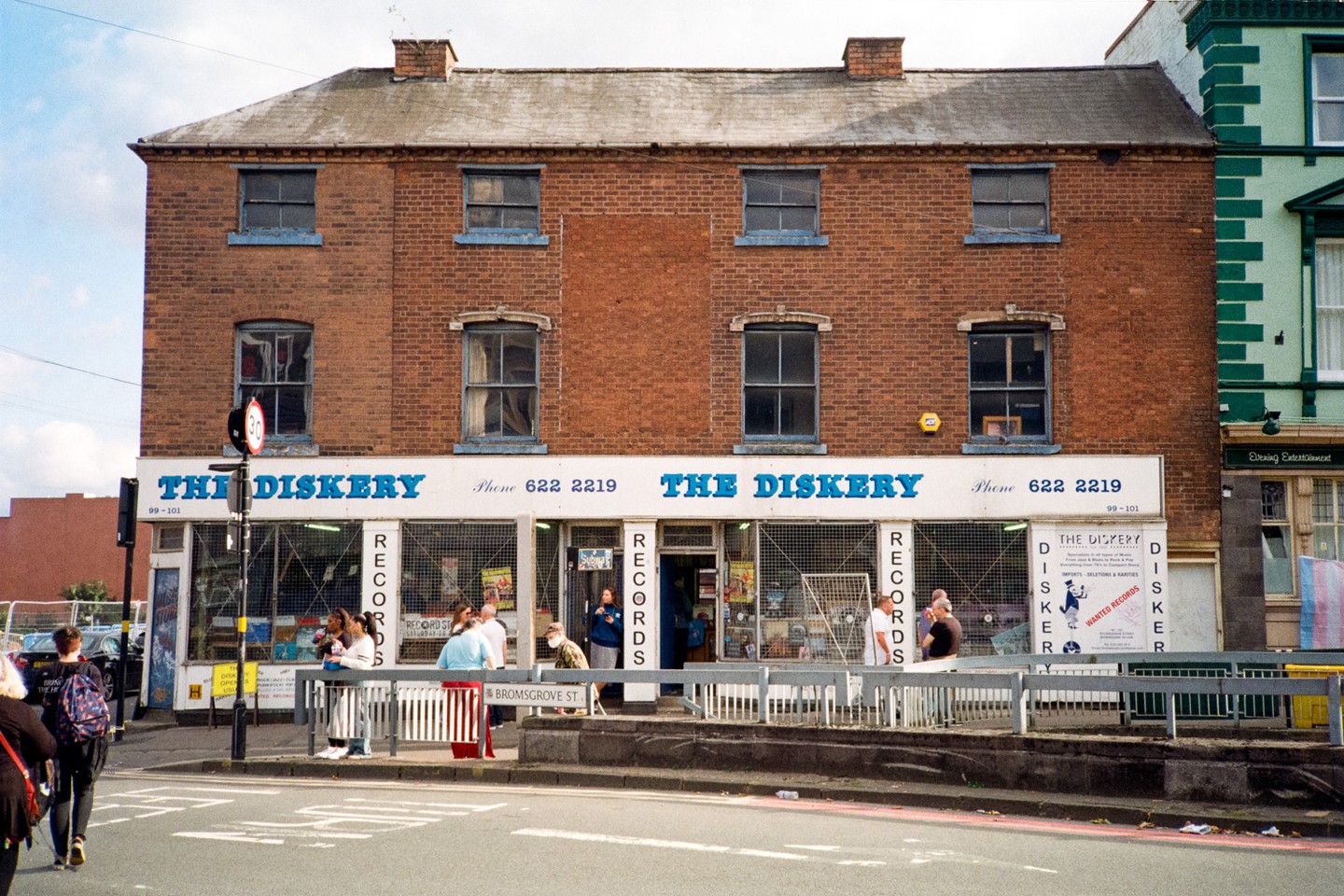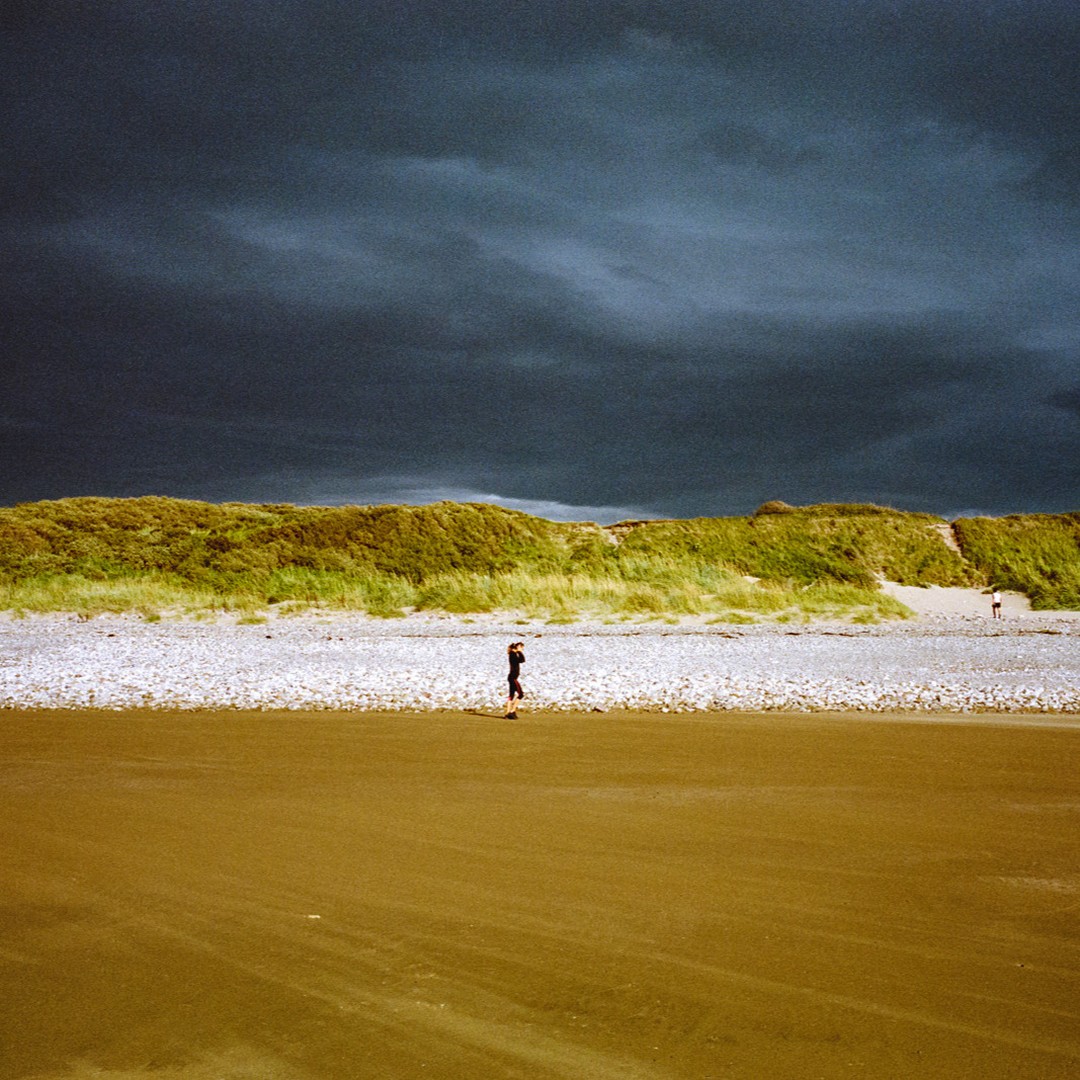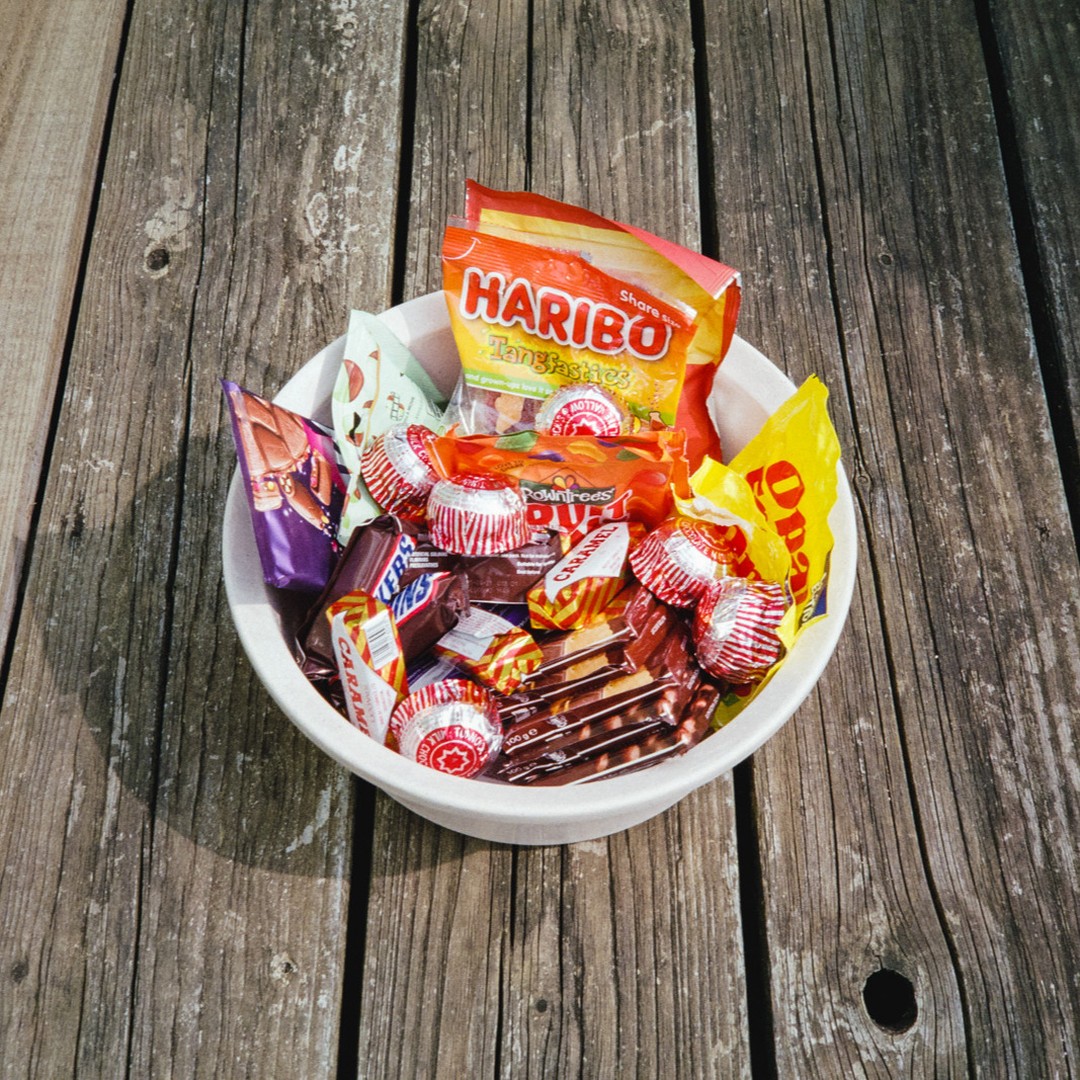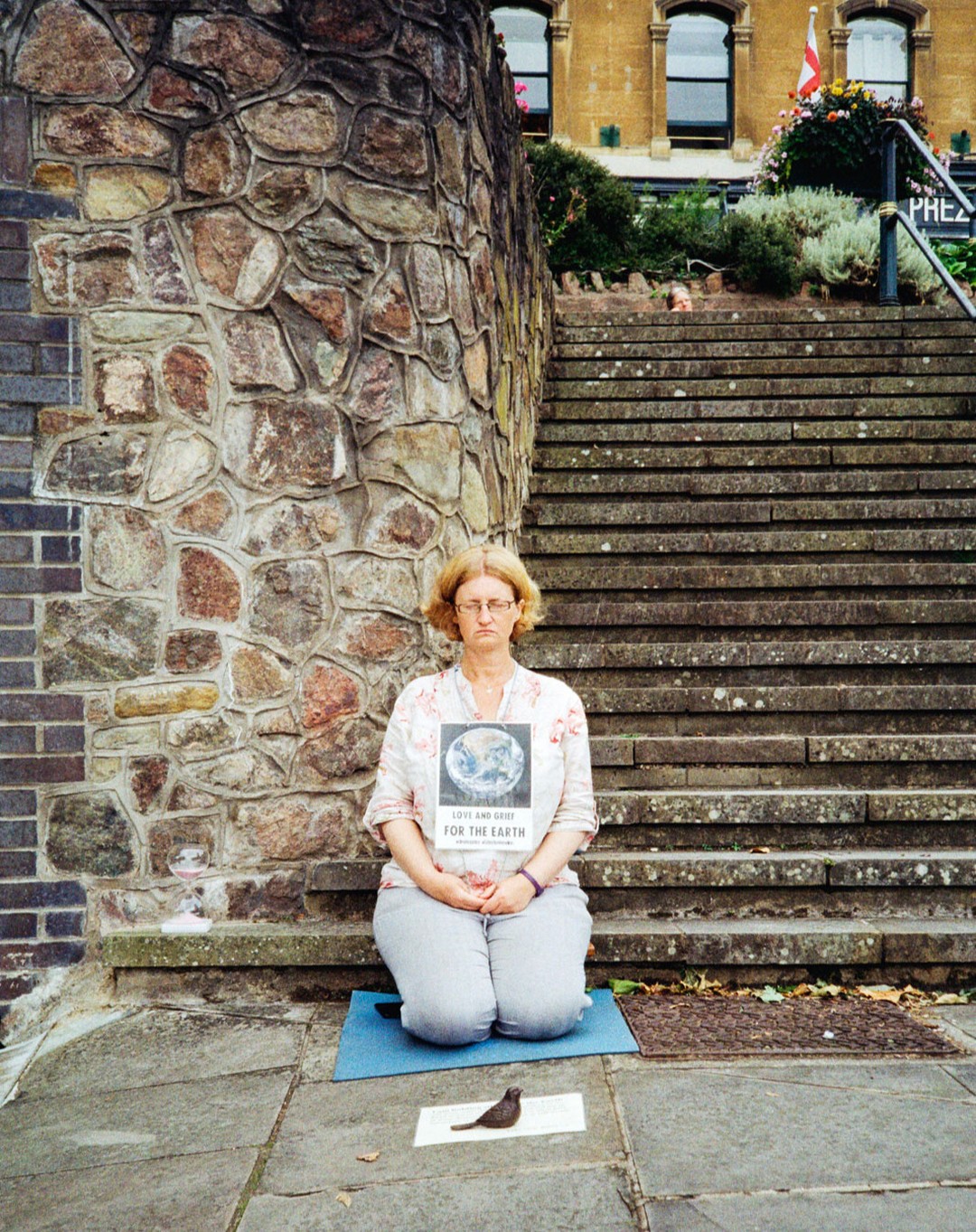Kodak Tri-X 400: The Best Black & White Film Ever Made?
Kodak Tri-X 400 black & white film is one of the most iconic and beloved monochrome films in the history of photography. Introduced in the 1940s, it has a long and storied history. And countless well-known photojournalists and street photographers have and still use it. It gained popularity for its fine grain, excellent contrast, and versatile exposure latitude, making it suitable for various lighting conditions and styles. Below are some sample images I have taken using this iconic black & white film.

Kodak Tri-X 400 Film Has a Rich Legacy
Many top photographers regard Kodak Tri-X 400 black & white film as one of the “best” monochrome films ever made because it offers versatility, fine grain, a classic look, and a rich legacy. It has been used by many famous photographers throughout history, including Henri Cartier-Bresson, Robert Capa, and Dorothea Lange.
There Are Many B&W Films to Choose From
However, photographers can interpret “best” differently. Some may prefer other black & white films for their unique characteristics or specific purposes. Indeed, many high-quality black & white film stocks are available from various manufacturers, each with its distinctive look and feel. Films like Ilford HP5 Plus, Ilford Delta 3200, and Kodak T-MAX 400 are also highly regarded by photographers for different reasons. There are also good black & white films by Adox and Fomopan for those on a budget.

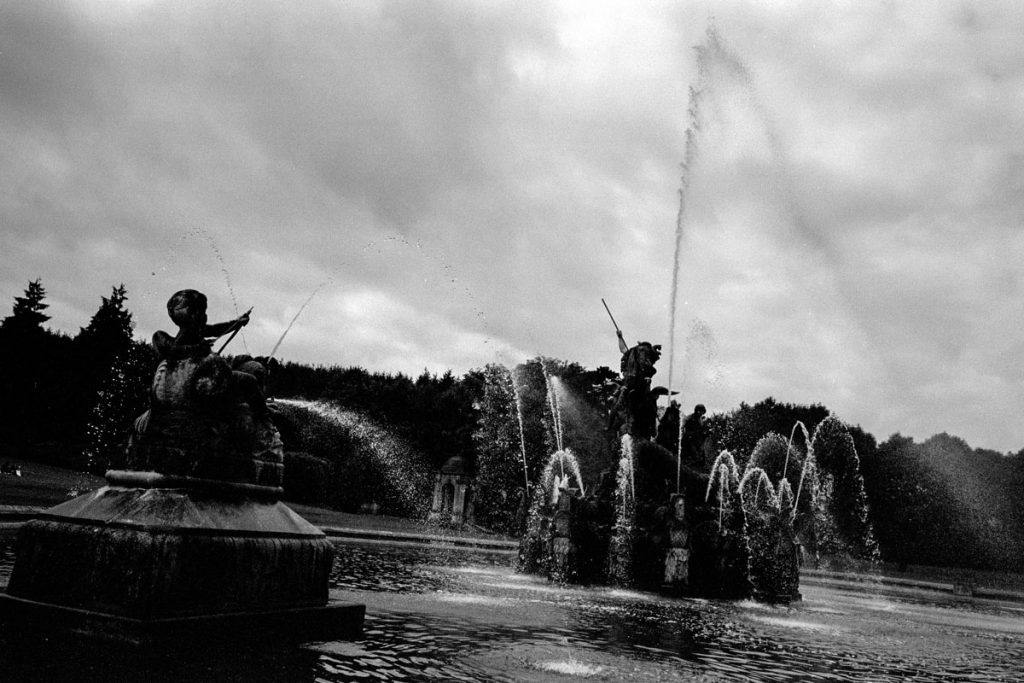
Ultimately, the “best” black & white film depends on personal preferences, shooting style, desired contrast, grain, and the specific look a photographer wants to achieve. So try different films and see which aligns best with your creative vision and aesthetic preferences.
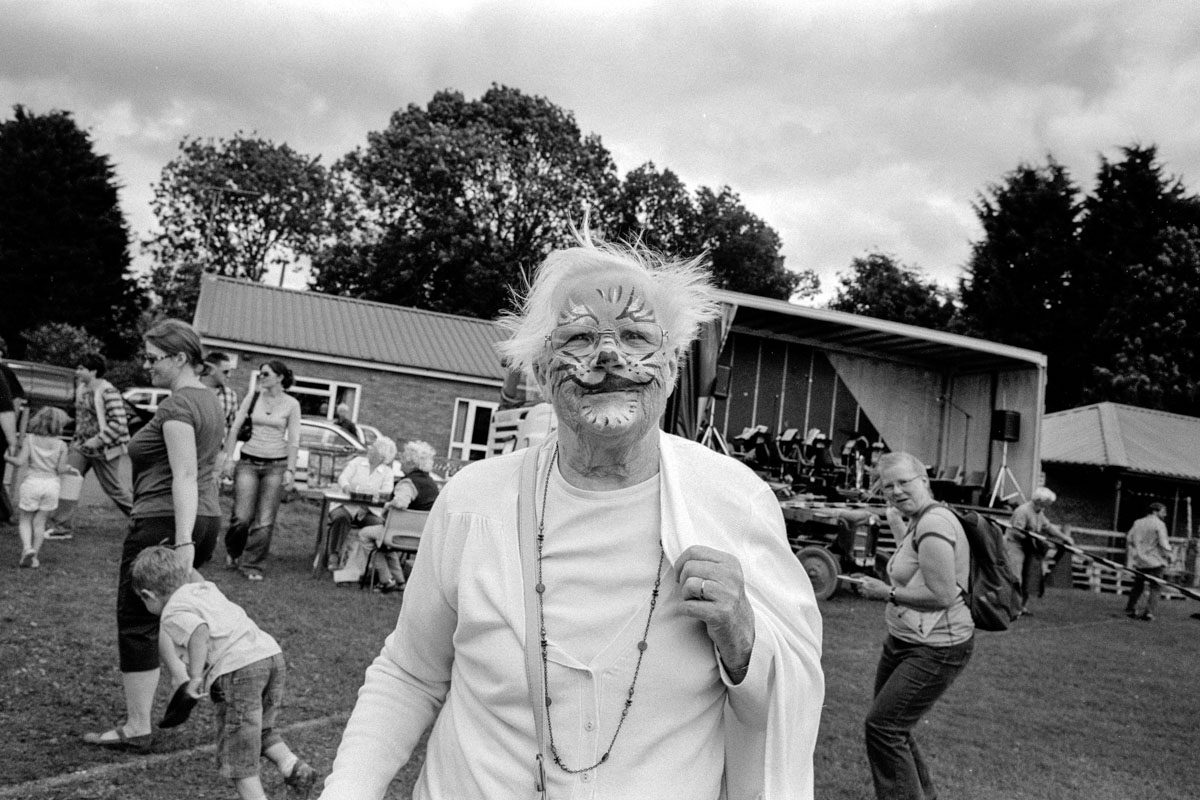
Whether you’re a seasoned film photographer or just starting, Kodak Tri-X 400 film is worth trying.
Kodak Tri-X 400: Sample Images
View more sample images I have taken below using this beloved and iconic monochrome film.




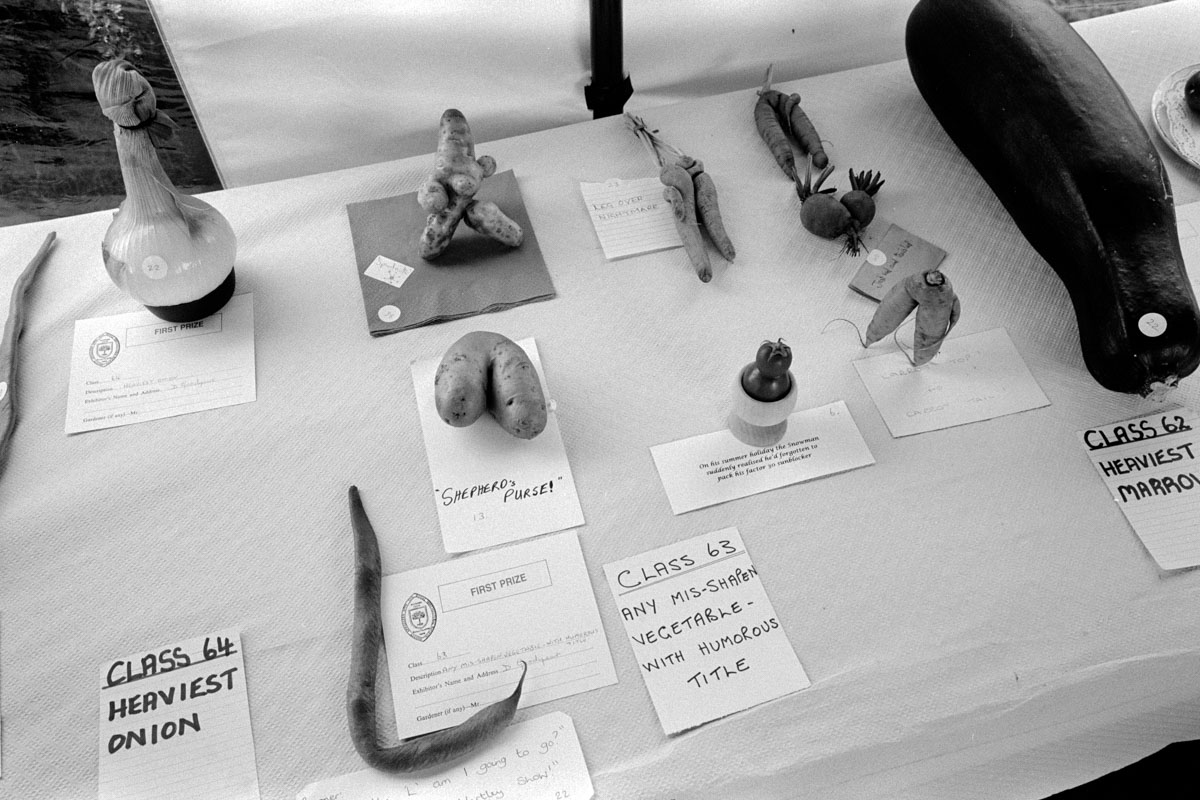
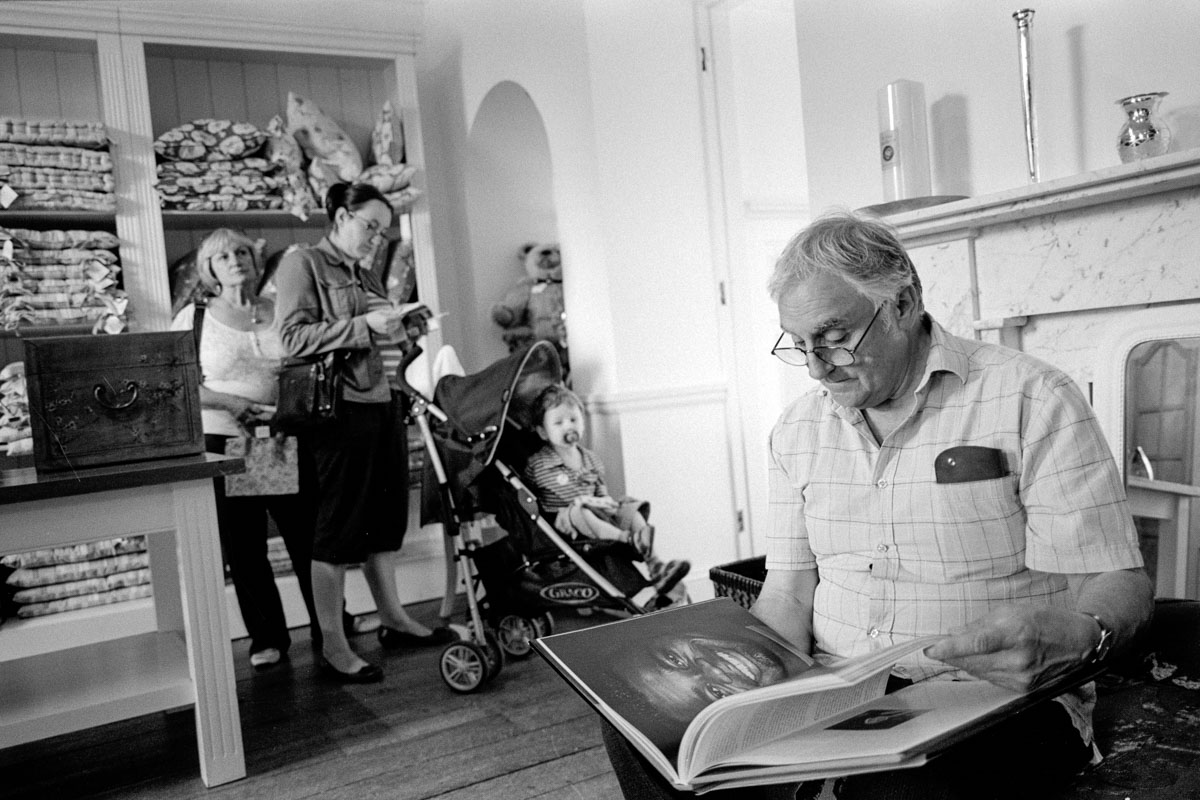

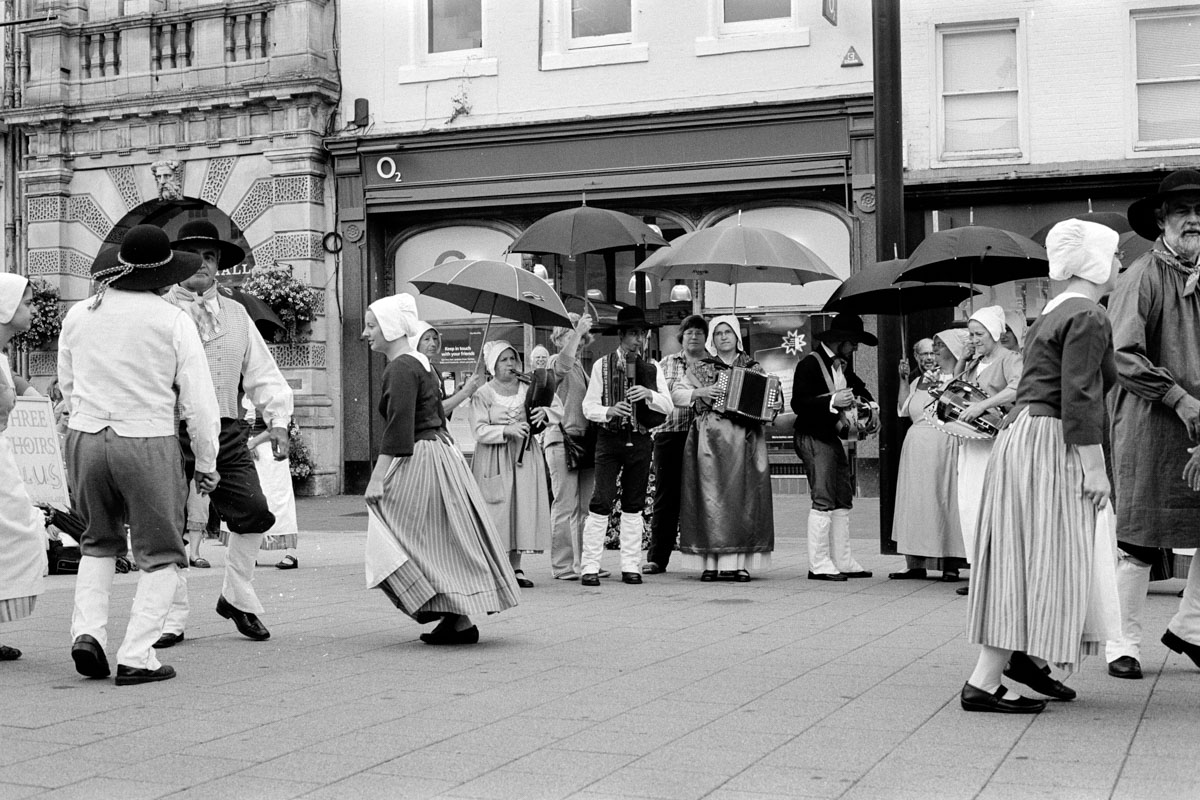
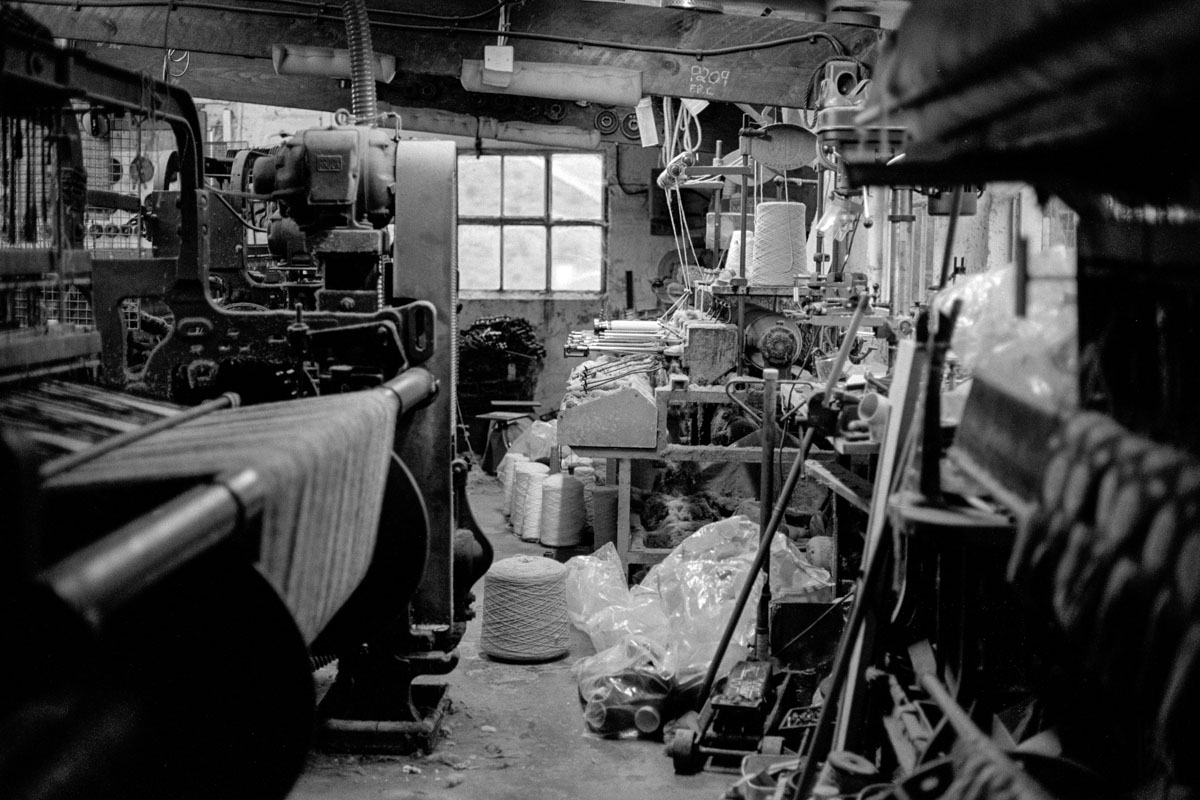
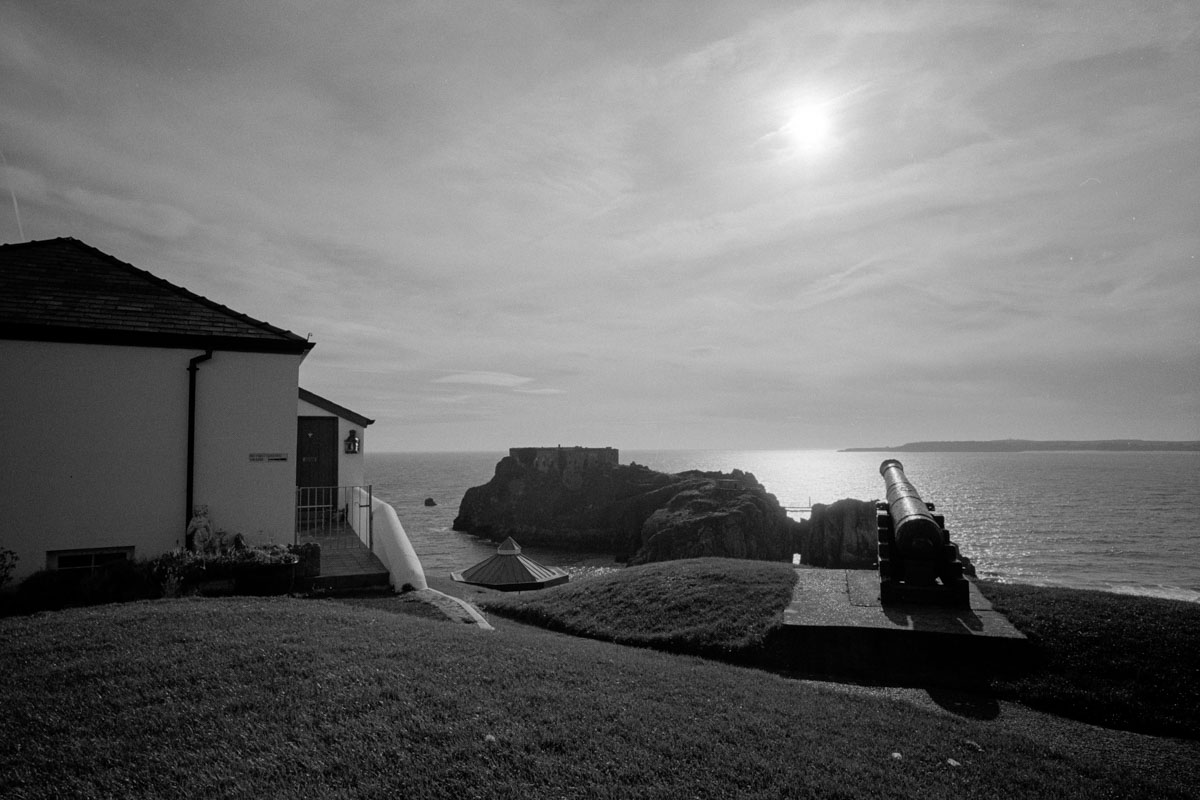
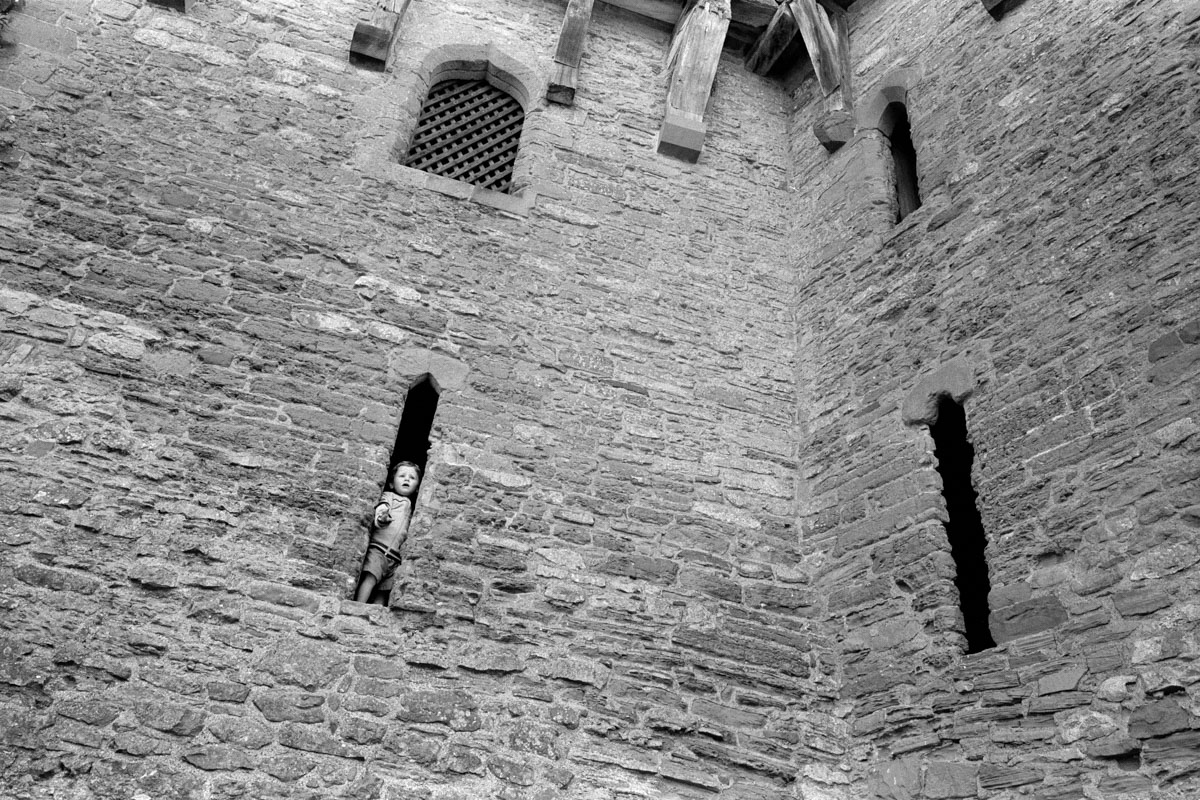

What
Contax G2 35mm rangefinder camera and Kodak Tri-X 400 B&W film.
How
I scanned the negatives using the Minolta DiMAGE Scan Elite 5400 scanner and VueScan software.
Did you enjoy this blog post? If so, please like & share. Thank you!




